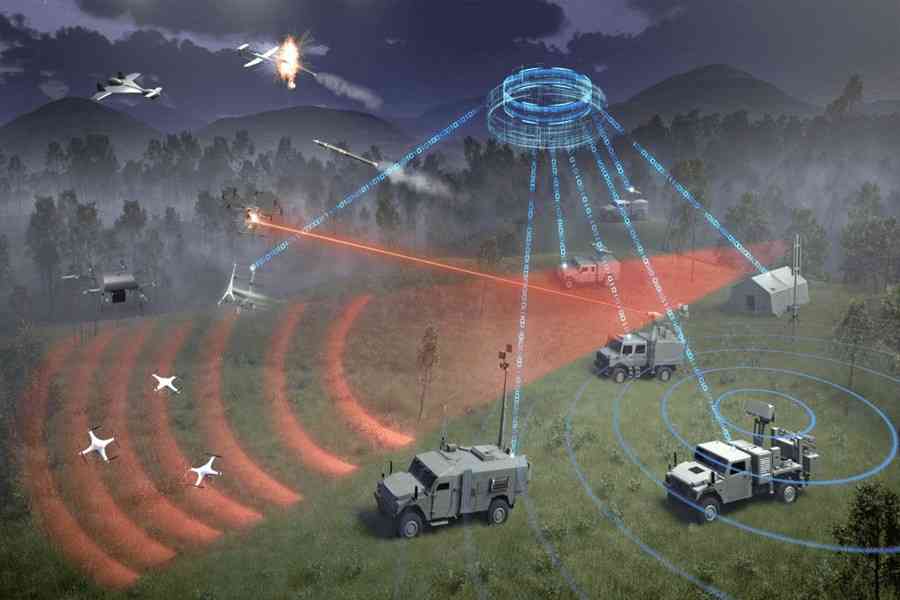On 28 May 1998, Pakistan announced the successful conduct of five nuclear tests, reaffirming its commitment to strengthening national security. This decisive action, indicative of the resolve shown 26 years earlier, aimed to restore the balance of power in the region by establishing credible minimum nuclear deterrence. The timing of these tests was a strategic response to India’s five nuclear tests on 11th and 13th May 1998 and was the culmination of a comprehensive national effort. This effort, encompassing political, scientific, strategic, and diplomatic domains was aimed at preserving Pakistan’s national security against external aggression at all costs.
In the years following these tests, multiple crises, such as the Kargil conflict and the Balakot incident, have highlighted the potential for nuclear escalation between India and Pakistan. The deterrence established by both countries’ nuclear capabilities has prevented a full-scale war, though instability persists below the nuclear threshold. Nuclear deterrence remains a cornerstone of Pakistan’s national security strategy.
The significance of Youm-e-Takbeer (28 May 1998) lies in understanding the existential factors that compelled Pakistan to develop its nuclear weapons program. The development of these weapons bolstered Pakistan’s confidence, ensuring the security of the homeland. India’s nuclear tests in 1974 and May 1998, the loss of East Pakistan, and the ongoing Kashmir dispute heightened Pakistan’s sense of insecurity. These factors, coupled with the asymmetry of conventional forces between the two countries, necessitated Pakistan’s nuclear weapons program as a crucial component of its security architecture.
Beyond deterrence, Pakistan’s application of nuclear technology has significantly contributed to its socioeconomic, industrial, and defense sectors. The peaceful uses of nuclear technology, although less discussed, play a vital role in ensuring long-term energy security and addressing other national needs. The Pakistan Atomic Energy Commission (PAEC) has built extensive infrastructure to exploit nuclear technology for the socio-economic uplift of the country. This includes nuclear power generation, minerals development, cancer treatment, industrial plant design, and human resource development through advanced training institutes.
In agriculture and biotechnology, PAEC’s initiatives have yielded substantial benefits. For instance, the creation of the cotton variety NIAB-78 has generated an additional income of Rs. Ninety billion since 1983. PAEC has also established institutes focusing on crop improvement, pest control, animal health, food safety, environmental protection, and soil-water management.
On 16 February 2023, IAEA Director General Rafael Grossi visited Pakistan, pledging support to enhance collaboration in peaceful nuclear science and technology applications, particularly in agriculture and medicine. Mr. Grossi highlighted the ample opportunities for peaceful nuclear technology in Pakistan, emphasizing its potential to address food shortages and boost industrial sectors.
Pakistan has made significant strides in strengthening its nuclear security and safety, adhering to IAEA guidelines and safeguards. The country has established Centers of Excellence to promote best practices in nuclear security, including the Pakistan Centre of Excellence for Nuclear Security (PCENS), the National Institute of Safety & Security (NISAS), and the Pakistan Institute of Engineering & Applied Sciences (PIEAS). Pakistan has adopted international legal instruments, such as the Amended 2005 Convention on the Physical Protection of Nuclear Material (CPPNM) and implemented comprehensive regulations to ensure the highest standards of nuclear safety and security.
These measures include the Personnel Reliability Program (PRP), Human Reliability Program (HRP), and robust systems for nuclear material accounting and control. These initiatives reflect Pakistan’s commitment to maintaining a rigorous nuclear safety and security culture.
Pakistan’s nuclear tests of 28 May 1998 not only demonstrated the nation’s resolve to safeguard its territorial integrity, independence, and sovereignty but also its desire to preserve strategic balance in South Asia. Committed to promoting peace and stability in the region, Pakistan remains vigilant in warding off aggression or misadventures in any form. As an active partner in international efforts to strengthen the global non-proliferation regime, Pakistan adheres to principles of non-discrimination and equal security for all States, upholding the latest international standards on export controls while maintaining exemplary nuclear safety and security.
Hence, Pakistan’s nuclear project has succeeded in all areas, especially in ensuring the country’s security from external threats. The deterrence created by Pakistan’s strategic program has provided a lasting strategic shield, making India’s conventional military advantages almost irrelevant. We can never fully express our gratitude to the national heroes who made this possible. Youm-e-Takbeer would continue to be celebrated with humility and gratitude to Allah for keeping Pakistan safe and secure.
Usman Ali Khan
Usman Ali Khan is an Islamabad-based freelance writer and is an MPhil scholar from Quaid-i-Azam University. His research is mostly focused on nuclear issues in South Asia and the United States. His opinions are published in renowned dailys and blogs websites i.e. Express Tribune, Daily Times, The Nation, South Asian Voices and Indian blogs forums like South Asia Monitor and IPCS. He tweets @Shau_ni
- This author does not have any more posts.












